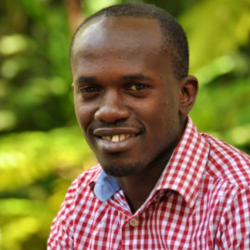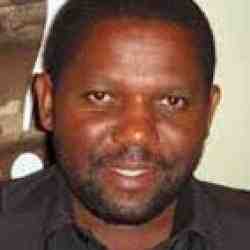Transforming Employability For Social Change in East Africa
Many graduates in East Africa can be ill-prepared to address the challenges they encounter in the workplace or leverage their skills and ideas to meet social needs. One of the key factors contributing to this is the lack of focus on critical thinking and problem solving within university teaching and learning. Students need to learn “how to think”, instead of “what to think”. While universities recognise the need to improve the quality and relevance of curricula, to rethink pedagogies, and to build stronger connections with communities and industries, the challenge is to move beyond islands of good teaching and to bring about change at scale.



